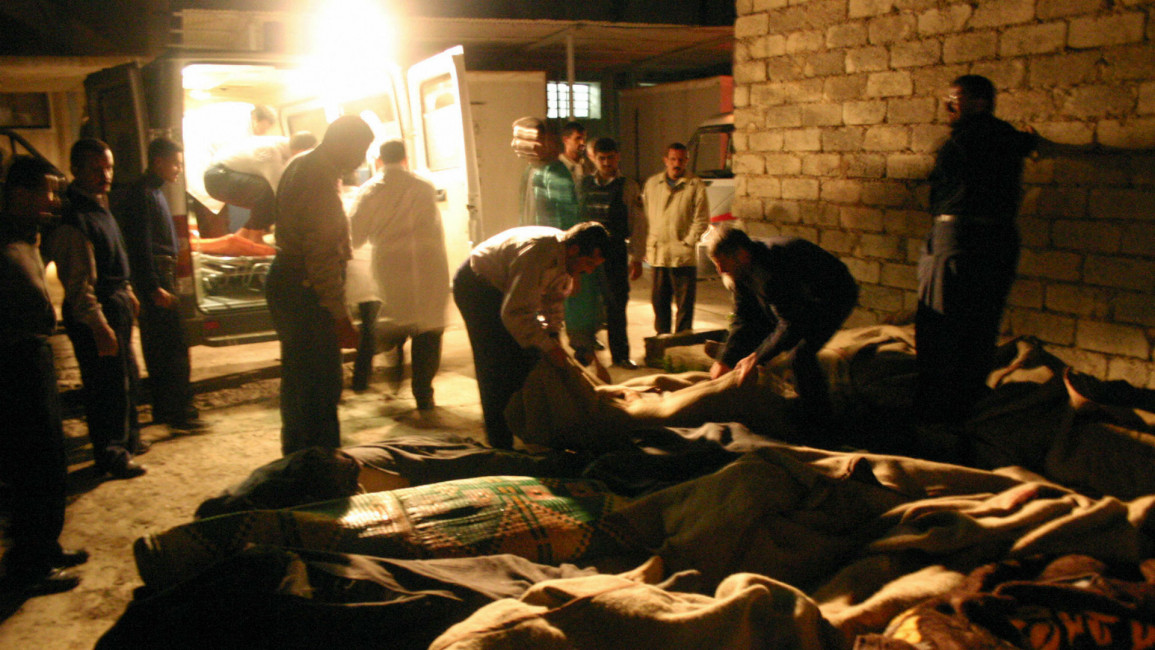IS 'selling human organs to boost finances'
The Islamic State group in Iraq has reportedly been recruiting foreign doctors to harvest human organs from IS fighters killed in battle and hostages and sell to boost revenues.
"These operations need advanced equipment and specialist doctors. Organs also need to be harvested soon after death," said Jinan Ihsan Ali, an internal medicine and heart specialist.
| Dozens of doctors have been killed by IS in Mosul for refusing to harvest organs from corpses or living people. - Medical sources in Mosul. |
Ali said organs needed to be preserved in cold storage boxes and are damaged if the temperature rises above 37C. She doubted hospitals in Mosul in northern Iraq, the largest city controlled by IS, would be equipped to carry out the procedure.
However, medical sources in Mosul say IS has recruited foreign doctors to harvest organs - especially hearts, kidneys and livers. They argue the group has a specialised unit that smuggles the organs into neighbouring countries, from where organised organ trade networks sell them to international buyers.
"Dozens of doctors have been killed by IS in Mosul for refusing to harvest organs from corpses or living people," according to the sources.
IS relies on the trade in human organs as one of its main sources of income in Iraq, according to a security specialist at the Baghdad-based Alnahrain Centre for Strategic Studies, part of the Iraqi government's National Security Advisory, speaking on condition of anonymity.
The specialist said that most organs were harvested in Qayyara clinic in the south of Mosul and Mosul general hospital. IS also, reportedly, removes blood and kidneys from its captives before killing them.
"The Iraqi government has recently discovered mass graves containing bodies with missing organs. It has also intercepted calls in which IS members talk about obtaining human organs," the security specialist added.
In February 2015, Mohammad al-Hakim, the Iraqi ambassador to the UN, asked the UN Security Council (UNSC) to investigate reports IS was trading in human organs to fund terrorist activities in Iraq and Syria.
Nickolay Mladenov, the UN Secretary General's Special Representative for Iraq, also told the UNSC reports suggest IS's has been increasingly using the organ trade as a source of income.
This article is an edited translation from our Arabic edition.



